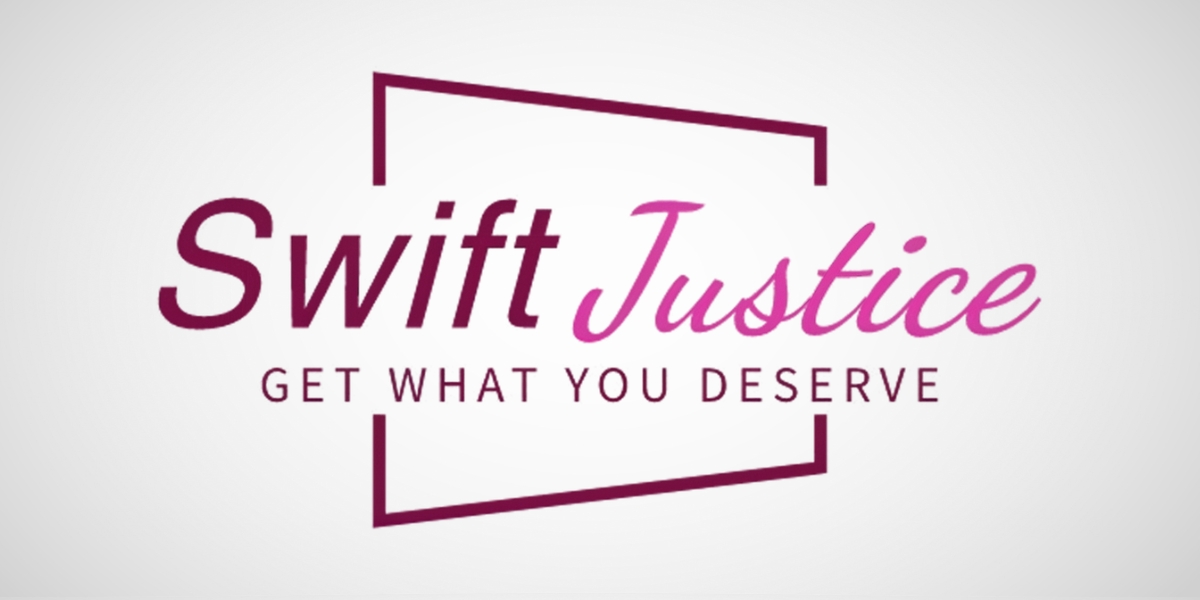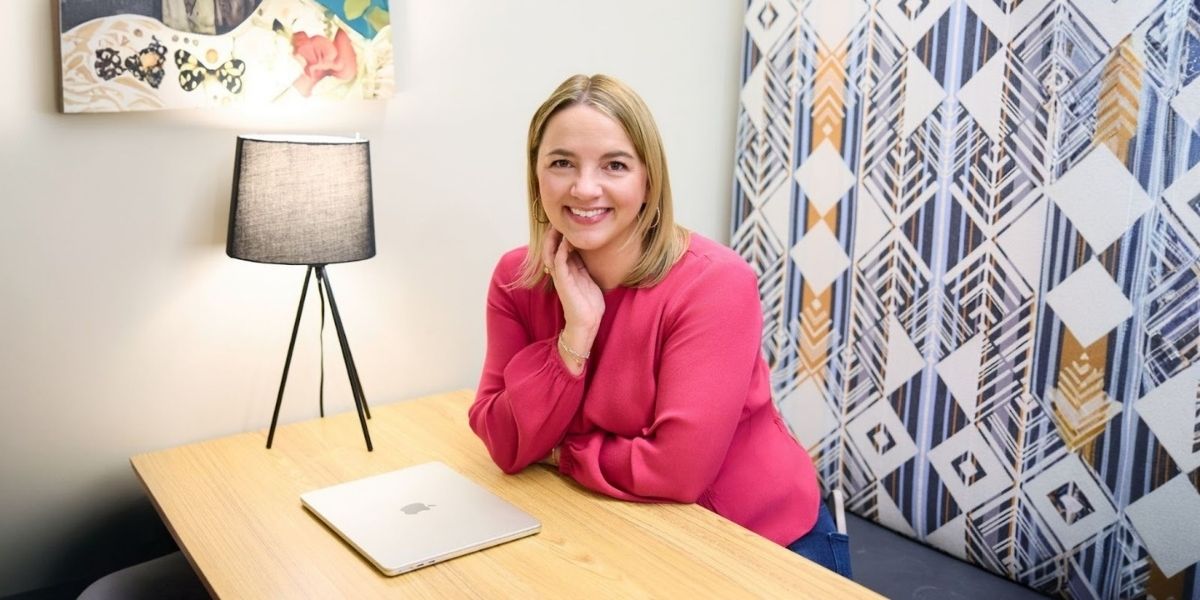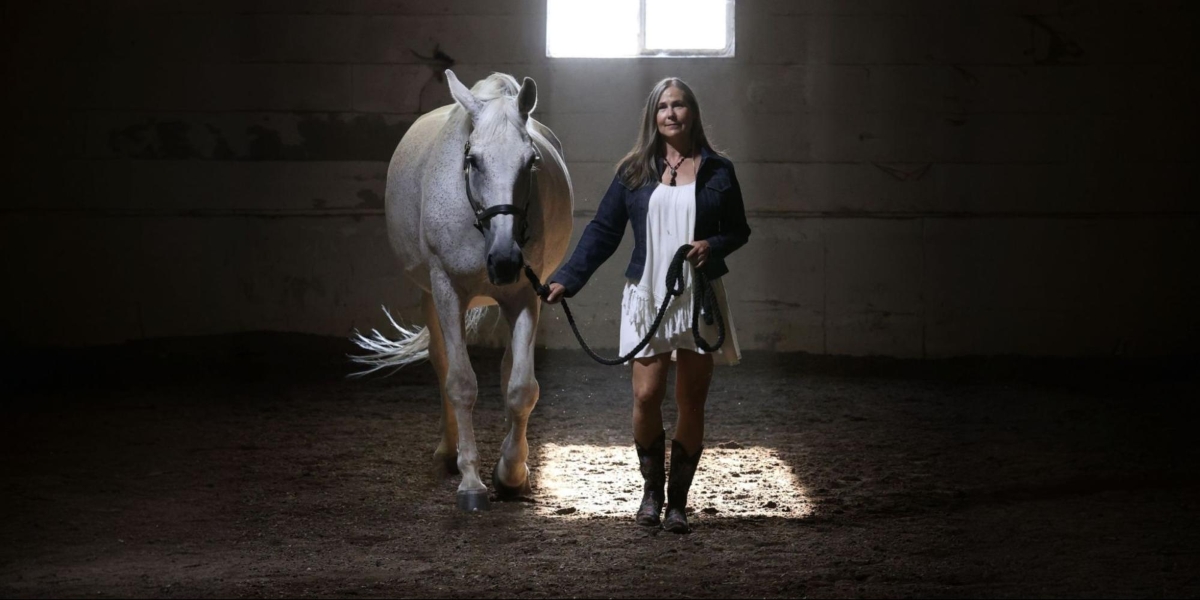By: Matt Emma
For many individuals, reaching out to a personal injury lawyer happens during profoundly difficult times, such as when pain, confusion, and financial strain converge. However, it’s important to have these conversations early. After all, they can determine whether someone receives clear information, feels supported, or potentially misses a critical window for legal action.
Maryam Ardalan founded Swift Justice, Inc. with a guiding principle: meaningful solutions begin with honest, human dialogue. “People don’t need legal acrobatics. They need empathy and support during difficult times,” she explains. This philosophy shapes how her firm answers calls, evaluates cases, and communicates options.
Ardalan acknowledges that the personal injury field spans a wide range of issues, from workplace accidents to medical malpractice. Traffic incidents alone represent a significant portion of this landscape. In 2023, the National Highway Traffic Safety Administration (NHTSA) estimated that approximately 2.44 million people were injured in motor vehicle crashes in the United States.
Despite this volume, many civil legal issues, especially among low-income populations, often go unresolved. According to the Legal Services Corporation, 92% of civil legal problems reported by low-income Americans in 2022 received inadequate or no legal help.
Ardalan notes that there are two key factors that tend to prevent people from seeking legal support. “First is apprehension. Lawyers rank relatively low in public trust compared to other professions. Second is accessibility. Many individuals are unaware that legal remedies exist or assume they are unaffordable,” Ardalan states. These barriers can reinforce one another. Uncertainty may lead to hesitation, and hesitation can result in missed opportunities.
Ardalan believes that bridging this gap may require a shift in how legal services are delivered. Her firm emphasizes clear, compassionate communication. This includes explaining legal timelines, liability questions, and potential outcomes in everyday language. “Many personal injury lawyers operate on a contingency basis, meaning clients typically don’t pay upfront fees. At Swift Justice, free consultations are offered to help people make informed decisions without pressure,” she states.
Importantly, Swift Justice treats clients as active participants rather than case files. It discusses trade-offs, outlines realistic expectations, and acknowledges that pursuing a claim might not always be advisable. “My job isn’t to sell hope; it’s to hand someone a map,” Ardalan says. “When you understand the terrain, you make better choices, even if that choice is to walk away.”

Studies suggest that legal representation can significantly impact outcomes. A report shows that represented plaintiffs in personal injury cases tend to receive higher compensation than those who represent themselves. While results vary, the data suggests that early access to legal guidance can help prevent avoidable losses.
Ardalan’s own journey from receptionist to retail worker to litigator and firm president has deeply informed Swift Justice’s ethos. Her lived experience fosters empathy for callers navigating fear and uncertainty. Operationally, her firm maintains manageable caseloads, prioritizes direct communication, and treats every intake as a moment for education.
She is candid about the realities of litigation. If a case is likely to drag on with minimal return, she says so. If a quick settlement seems the better option, she explains why. “Justice delivered slowly isn’t always justice,” she notes. “But justice delivered without clarity could be harm dressed as help.”
This approach has ripple effects. Clients who feel heard are often likely to refer others, creating a network of trust. Ardalan views timeliness and transparency as essential to advocacy: rushing could compromise evidence, delays might reduce value, and consistent updates help preserve dignity. By demystifying legal processes, such as contingency arrangements and settlement dynamics, Swift Justice helps clients make decisions based on facts rather than fear.
Ardalan’s work suggests that legal expertise and human care don’t have to be opposing forces; they’re complementary. “We aren’t here to impress clients with legalese,” she says. “We’re here to relieve a weight they didn’t ask to carry.” If the legal industry aims to reduce missed opportunities and silent losses, it may benefit from more firms that prioritize clarity, empathy, and responsiveness. Swift Justice offers one such model.
Disclaimer: The content in this article is provided for general knowledge. It does not constitute legal advice, and readers should seek advice from qualified legal professionals regarding particular cases or situations.









